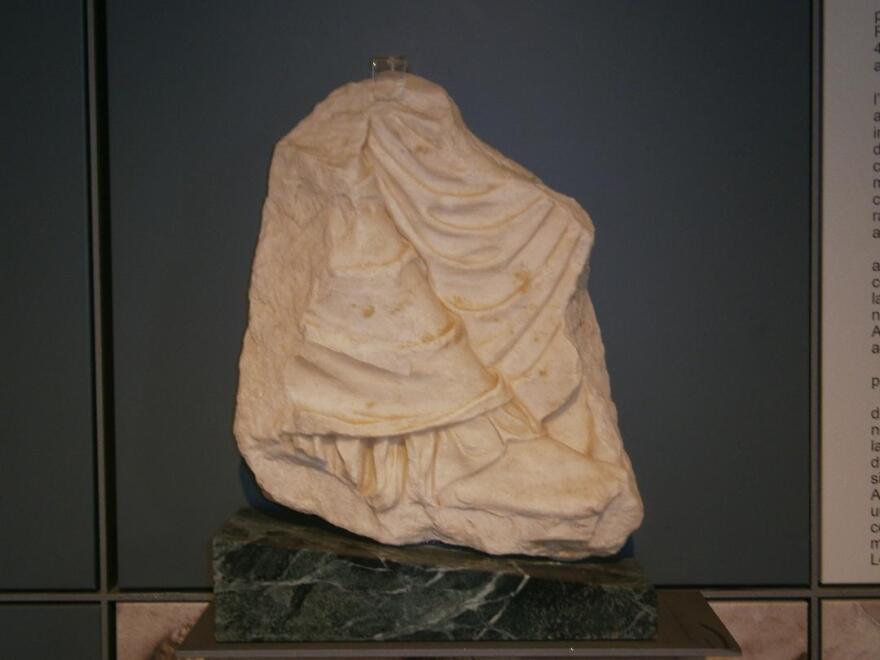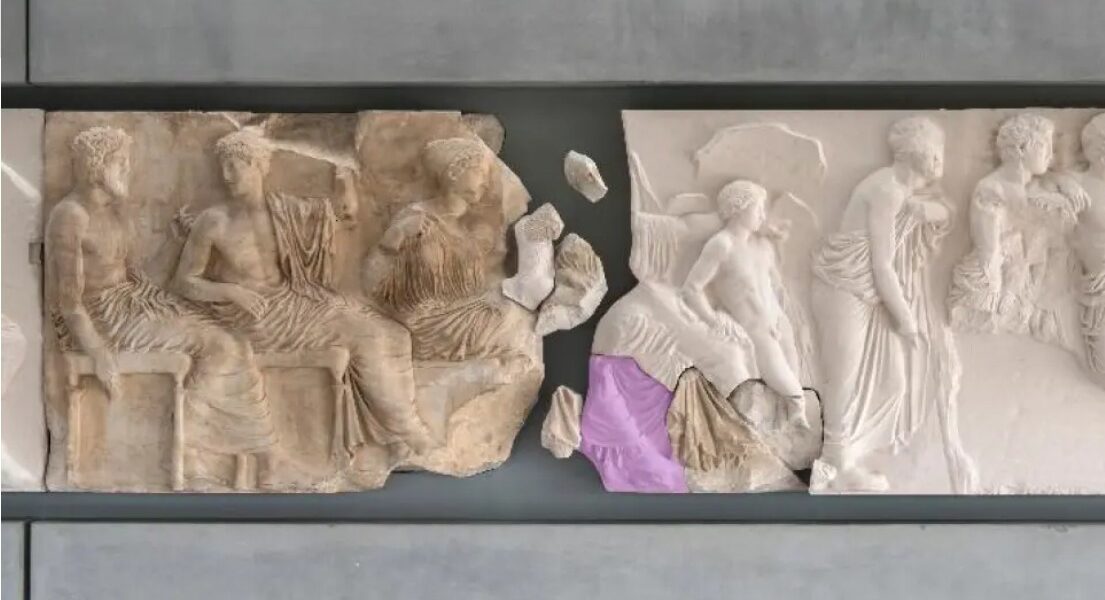Just a few days after the transfer of ten Parthenon fragments from the National Archaeological Museum to the Acropolis Museum, another valuable piece of the Parthenon returns to its natural space, this time from abroad.
It is a fragment of a stone from the frieze, the famous "Fagan fragment", first borrowed for eight years from the Antonino Salinas Museum in Palermo with the open prospect of remaining permanently in place.

The marble fragment, which depicts the foot of a goddess, either Peitho or Artemis, peeking out from beneath an elaborate tunic, is currently held at the Antonino Salinas Regional Archaeological Museum in Palermo, Sicily. It was originally bought by the University of Palermo from the widow of Robert Fagan, the British consul for Sicily and Malta, after his death in 1816.
The artefact is being returned on a four-year loan as part of a cultural exchange agreement between Sicily and Greece, with the intention for the loan period to be extended by a further four years.
However, the move back to Greece could eventually become permanent.
In return, the Acropolis Museum in Athens will loan the Palermo museum a 5th-century BC headless statue of the goddess Athena, as well as an 8th-century BC amphora.
The deal, which includes an exchange of cultural initiatives between the two museums, comes after several years of negotiations between Sicilian and Greek authorities.
“Sending back to the context of its origins a small, but significant, fragment belonging to the Parthenon has a very strong symbolic value,” said Sicily’s councillor for culture, Alberto Samonà.
“It is also a response to the international debate [about the Parthenon artefacts]. But I don’t want to get into that debate.
"For us, this is a gesture of friendship – Greece and Sicily are two areas of the Mediterranean that share a common story.”
READ MORE: Parthenon Sculptures: British document reveals that they can be returned by a law change.

